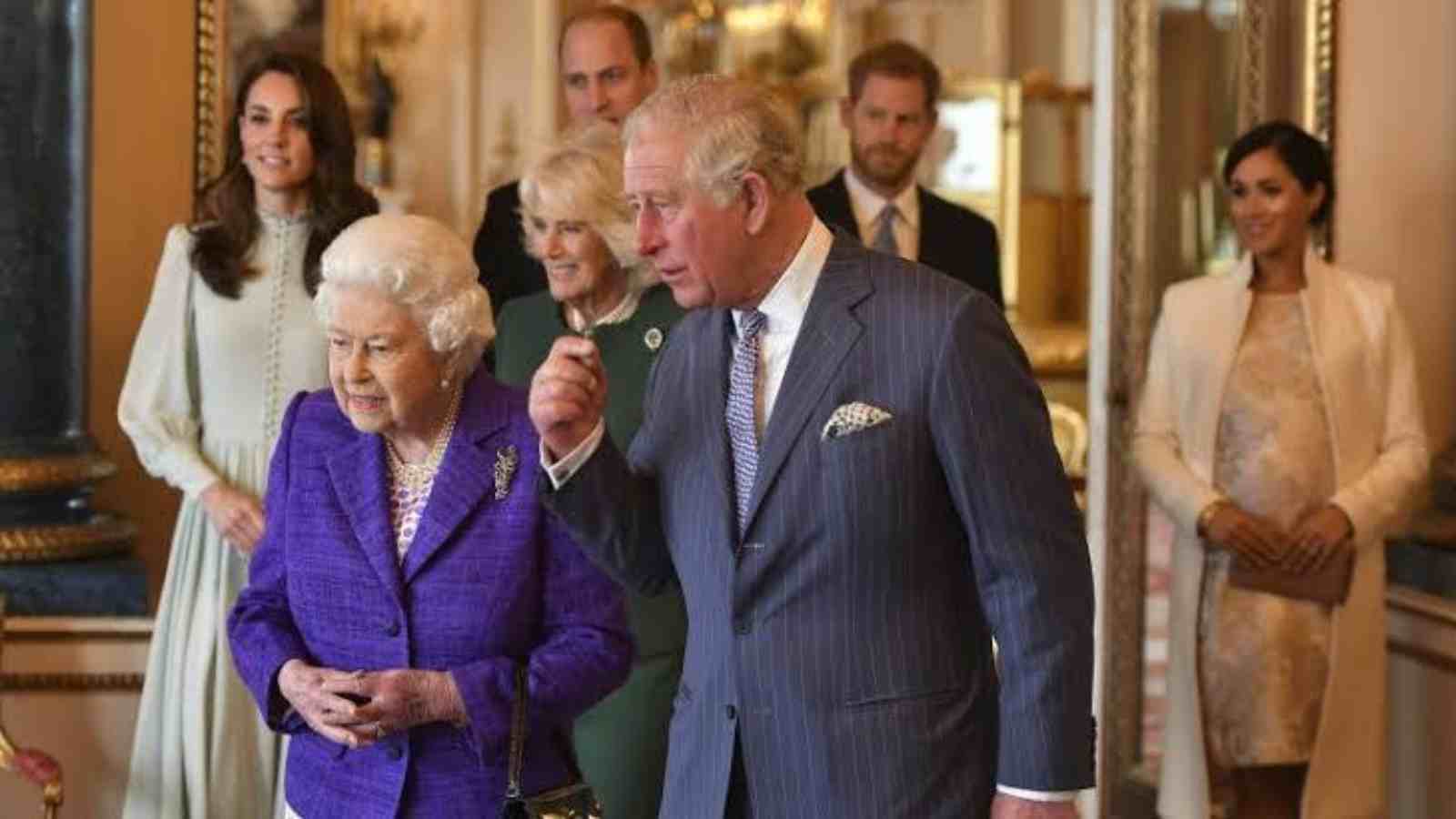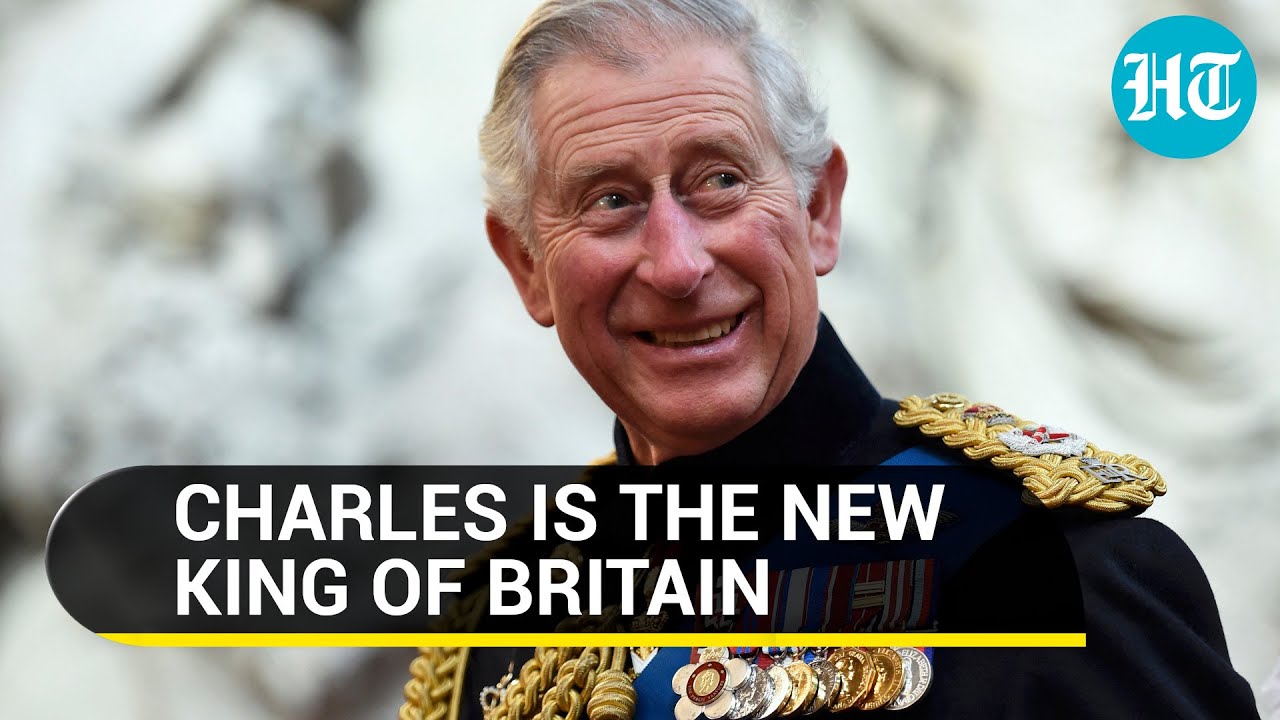Queen Elizabeth II, the longest reigning monarch, passed away on September 8, 2022, at the age of 96. She was the head of the state for 70 years. Following the Queen’s death, her son, Prince Charles, ascended the throne immediately.
As the constitutional monarch, the Queen was also the commander-in-chief of the British armed forces. Members of the British Armed Forces swear allegiance to the Queen as its head. This hints toward one possibility: the Queen could declare war on other states. However, it has other rules and implications for it. Here’s how the Head of the State has the power above the parliament.
Read More: Is It Customary For England To Have A Queen As The Head Of State? What Do Rules Say About A King?
The Royal Prerogatives Exercised By The Crown

This power of declaring war on another country comes under what is called the Royal Prerogatives, which can be exercised by the Head of the State, that is the Queen or the King. This prerogative power has been in the possession of the monarch for centuries now. The Queen or King of England can easily declare war on any other country. Meanwhile, if the Parliament or the government has to do that, they’ll have to take approval from the royal.
However, the Constitution Unit of the University College London had pointed out that these absolute powers over time have come in the remit of the Government ministers. They stated, “Prerogative powers are powers which have belonged to the monarch since the Middle Ages, but in modern times are exercised largely by government ministers. The most important powers exercised by ministers are the power to make war and deploy the armed forces; to conduct foreign policy and make treaties; to make public and judicial appointments; to issue passports; and to grant pardons and honors.”
In her 70 years of reign, the Queen never once declared or opened war on another country. The last time the British monarch announced a war against another country was during the Queen’s father, King George VI’s reign, in 1939 against Nazi Germany.
Read More: Did Queen Elizabeth II Go To School? Here’s All About Her Education
Can The Queen Or King Overrule The Parliament?

Apart from the Queen doing representational work for Britain, like visiting other countries for goodwill, and hosting foreign state heads to maintain Britain’s good relations with other countries, she also had the power to summon, prorogue and dissolve the Parliament. She also had the power to dismiss the Prime Minister and the ministers.
The Head of State also has the responsibility of giving the Royal Assent to the bills passed by both the houses of Parliament: The House of Commons and the House of Lords. Only then it can be passed as a law in the U.K.
Read More: How Many Countries Were Ruled By Queen Elizabeth II?






